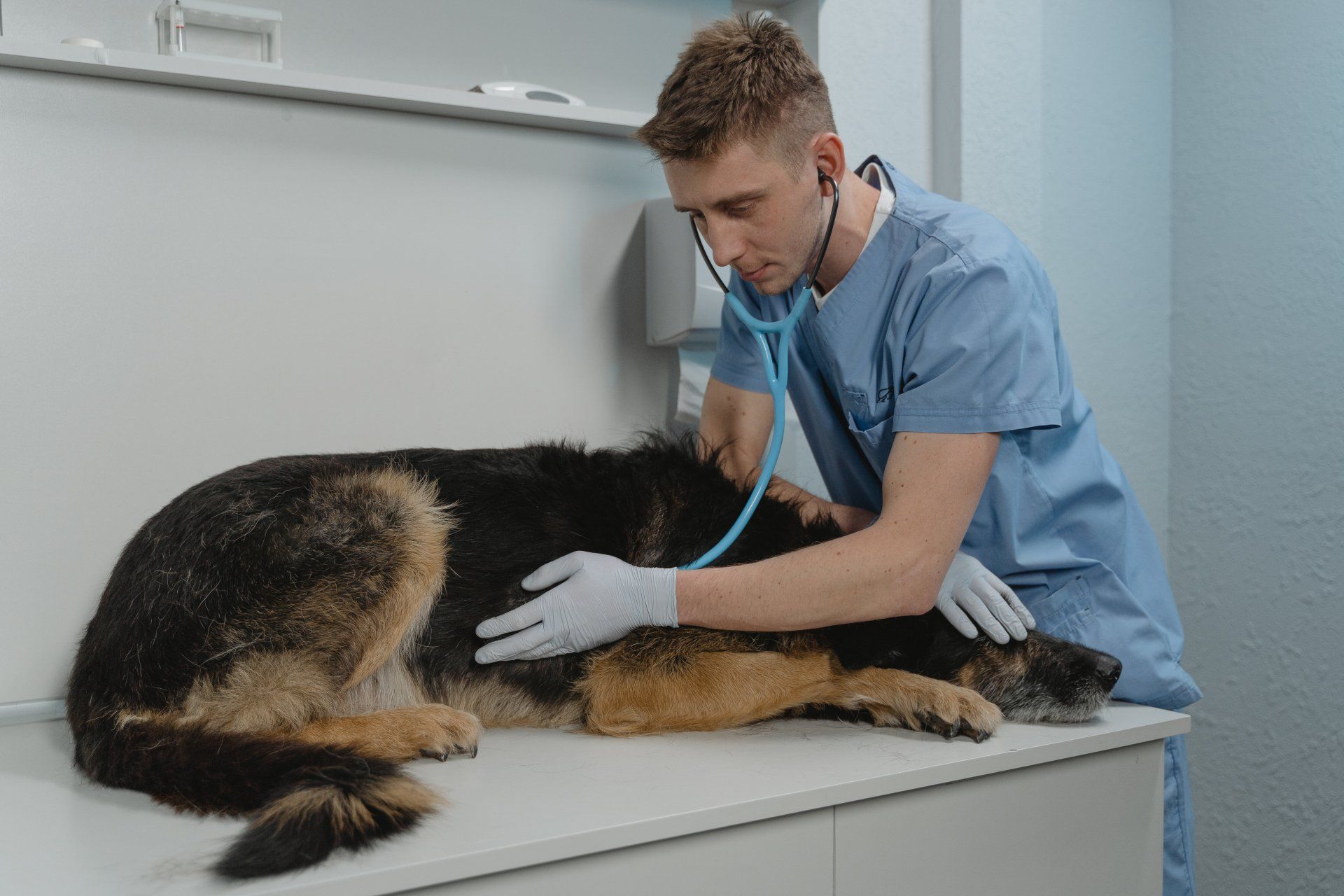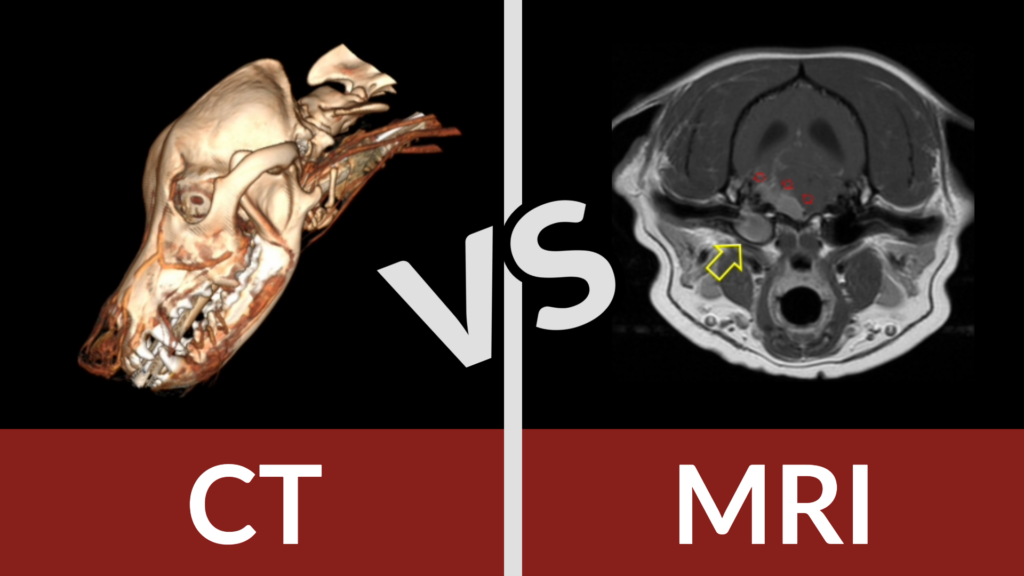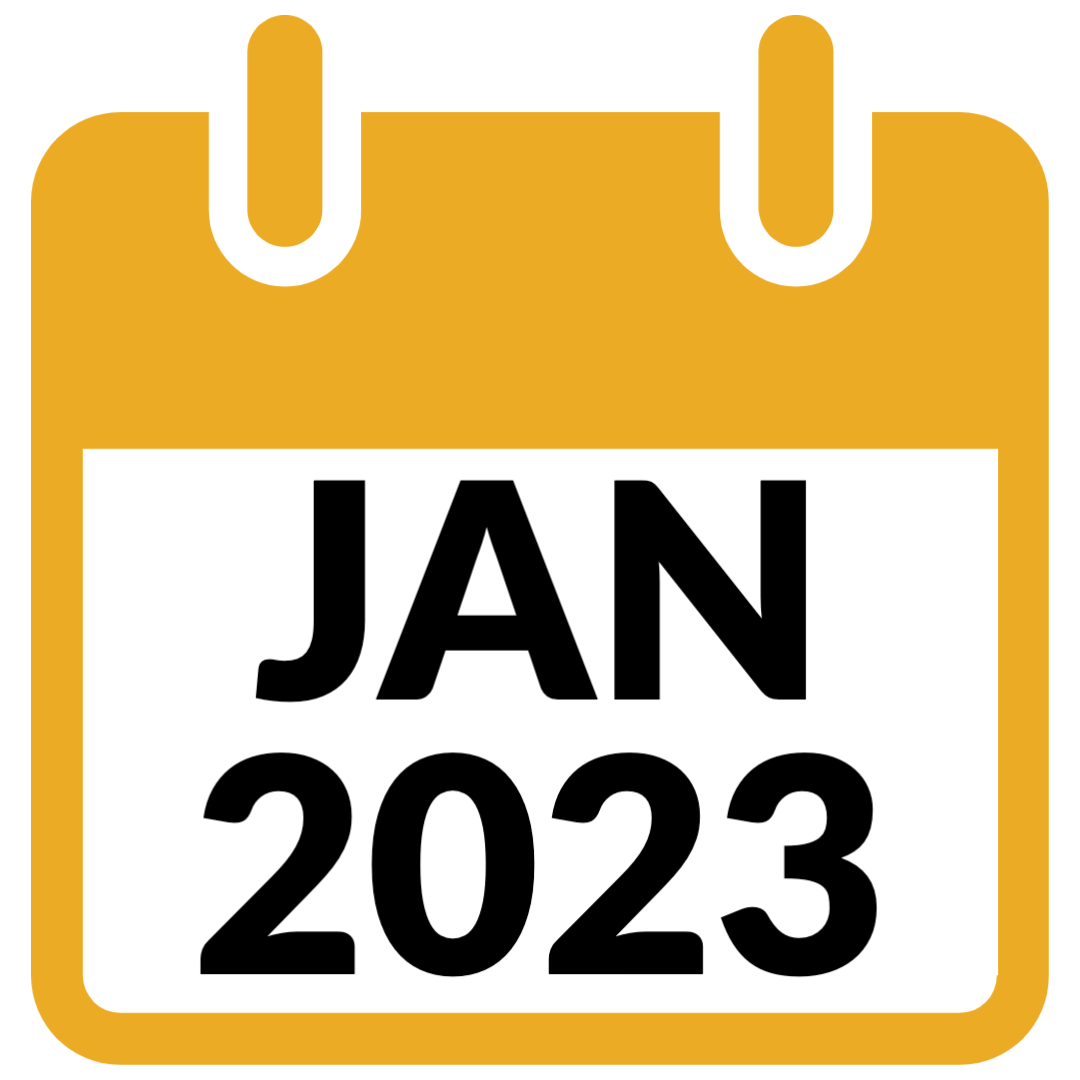Washington and Annapolis Offers a “Carrot,” Other states choose the “Stick” to Encourage Employers to Offer Retirement Savings Programs

- May 9, 2023
- by AVMA Trust
Few issues have united the federal and state governments like the challenge of inadequate retirement savings. Washington passed the Secure Act in 2019 to encourage employers – including veterinary practices and animal hospitals – to offer employment-based retirement savings programs. Just three years later, in December 2022, the Securing a Strong Retirement Act of 2021 (“Secure Act 2.0”) passed providing additional incentives for employers to provide such plans.
Meanwhile, many state governments have taken up the issue by either proposing or passing legislation.
Some States Are Assessing Penalties
States such as New York, New Jersey, Illinois, and California have enacted retirement mandates with penalties for employers who fail to either sponsor a retirement program or register their employees with a state-sponsored program. Advocates of these programs point to a Bureau of Labor Statistics survey showing that 97% of private employers with 500 or more employees offer retirement and health benefits, but only half as many employers with 49 or fewer workers offer such benefits.
Fines for failing to either provide retirement benefits or to register employees for the state program in these states typically begin at $250 per qualified worker in the first year the employer fails to register a program, and double to $500 per qualified worker in subsequent years.
More Help from the Feds
Fortunately for Maryland employers, the state mandate coincides with tremendous tax incentives for employers providing retirement programs for the first time, which are built into the federal Secure Act and Secure 2.0 Act.
Offsetting Plan Expenses
The Secure Act encourages employers to create retirement plans by providing tax credits to offset plan expenses. It also facilitates the creation of Multiple Employer Retirement Plans (MEPs), which allow groups of employers to pool their resources and reduce the administrative costs of running qualified retirement plans.
One example of an MEP is the AVMA Trust Association Retirement plan, which launched in 2020 and now provides retirement programs to a significant number of participating veterinary employers. These employers can set their own plan terms, such as deciding whether to match employee contributions, while taking advantage of economies of scale by sharing the same administrative infrastructure and investment program.
For plans created after December 31, 2022, the Secure Act 2.0 increases the tax credit to small employers with 1 to 50 employees from 50% to 100% of the start-up costs of creating new programs, up to $5,000, which is enough to offset the entire cost for some employers. For employers with 51 to 100 employees, the credit remains at 50% of the start-up costs, up to the $5,000 limit. Note that these tax credits are available only to employers creating new programs or offering a work-based retirement program for the first time.
Employer Matching and Contributions
The Secure Act 2.0 also provides substantial tax credits to employers for matching or profit-sharing contributions to employee accounts, up to a $50,000 maximum per employer. For employers with 1 to 50 employees, the law includes a 100% tax credit for employer contributions up to $1,000 per employee (that earns less than $100,000 annually). For employers with 51-100 employees, the tax credit is reduced by 2% for each employee above 50.
The 100% tax credit applies only to the first year of the plan and goes down to 75% in year two, 50% in year three, and 25% in year four. After year four, employer contributions are simply tax deductible as a business expense.
What Next? Time to Eat Your Carrots!
Coming in 2024: Employers will be allowed to make 100% tax-deductible contributions to the 401k accounts of employees who can’t afford to contribute themselves due to student loan payments by matching the amount of those payments.









MD Veterinary Medical Association
Administrative Mailing Address
PO Box 363
Hershey, PA 17033
All Rights Reserved | Maryland Veterinary Medical Association & Foundation
